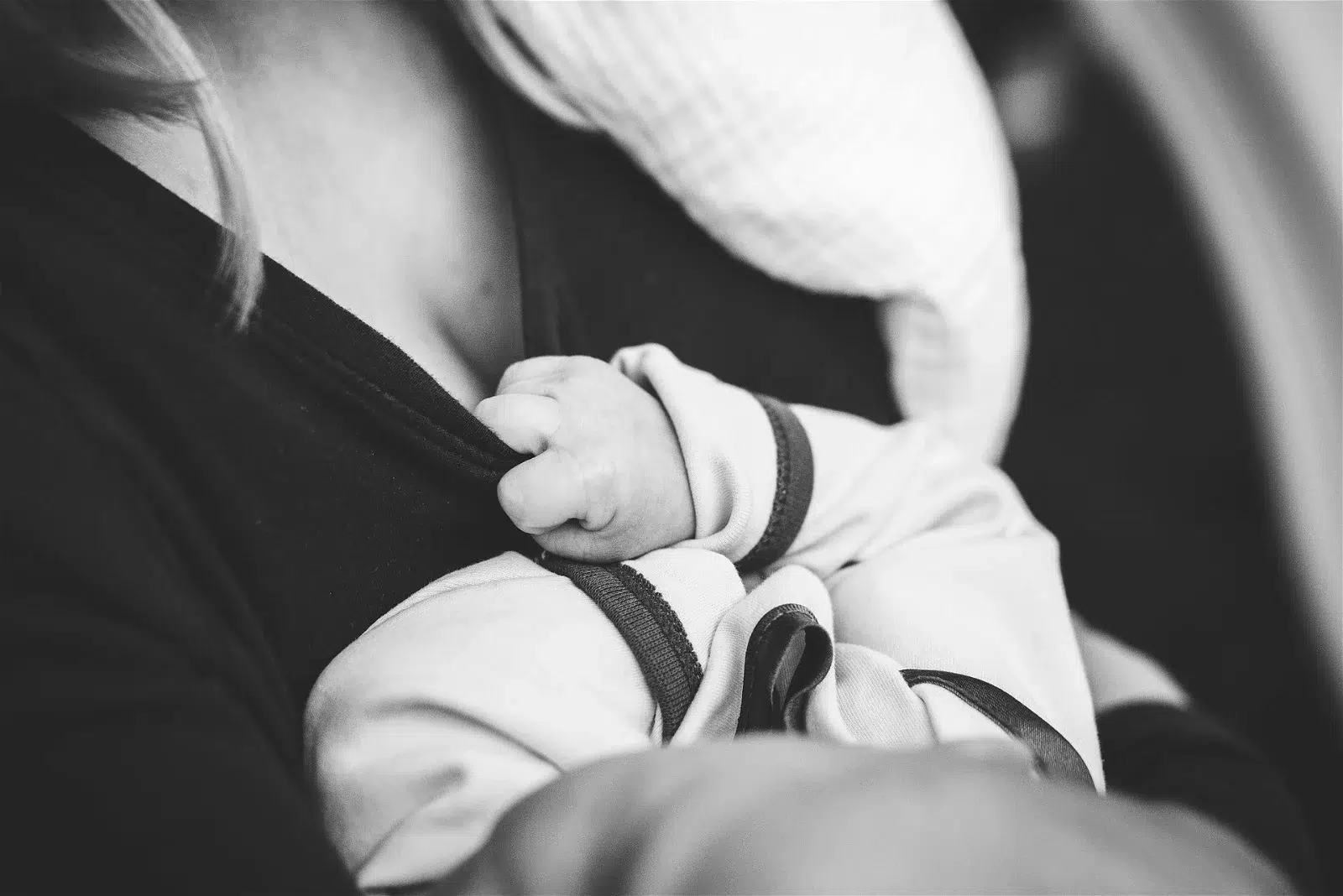Immunology of Breast Milk
How your bout of the flu is helping to protect your baby
It seems like various parts of Queensland have recently seen rises in the number of reported cases of Influenza A. This particular strain of the flu has caused many problems for people of all ages. Despite this, GPs were reluctant to prescribe antibiotics. Rather opting to have the patient’s own immune system and various home remedies do the flu-fighting for them. In most cases, this was enough. Armed with large servings of vitamin C & garlic, coupled with tissues & Vicks VapoRub, and topped with lazy days watching Netflix, people recovered in a few days. However, what about babies? They can’t stomach garlic, and some of them are too young for Vicks. Their immune defence is entirely reliant on what their mum can produce in her breast milk.
A baby’s immune defence starts developing in the womb. Specific antibodies transfer from mum to bub via the placenta. These antibodies form a weak barrier of protection for several months once baby is “evicted”. They can offer minimal protection against viruses such as streptococcus, Haemophilus influenza (the basis for many strains of infections) and pneumococcus (the basis of upper respiratory infections), however, due to these defences being so weak, they require reinforcement. This is why those first few days of nourishment via colostrum are so vital for baby’s health – because ‘colostrum is the most potent natural immune booster known to science’*. But what about a few weeks or months down the track?

The Australian Breastfeeding Association confirm that when a breastfeeding ‘mother comes into contact with germs in her environment, she makes antibodies to fight those germs. These antibodies pass into the breast milk and therefore into the baby’. But what if baby and/or mum are already sick? Well, when I was breastfeeding, I was told that my baby’s saliva – via contact with my breast – would send a message to my immune system that baby was lacking certain antibodies. I would then brew these immunities and pass them to baby in my next few feeds. The new theory of ‘baby backwash’ seems to concur with this advice.
In a study out of Western Australia, scientists have tracked a reverse flow of breast milk in breastfeeding mothers. That is to say, they have discovered that the milk ducts essentially take in droplets of milk which had entered baby’s mouth and been spat back out. Via the miniscule globules of saliva located within those droplets, a mother’s immune system is able to discern what baby’s immune system needs and then cook-up those antibodies and return them. Other studies have been done to show that the compounds of a mother’s milk do change when their babies are sick.
Studies have also confirmed that an almost mirrored version of this phenomena occurs when mum is sick. In that when mum is sick and when her immune system is fighting a bug, her breast milk picks up on it and creates antibodies to send to baby to keep him/her healthy and which will reinforce baby’s own immune system.
All of this information just reaffirms what science has told us all along – breast is best. Because despite all their best intentions, scientists cannot replicate the immunology of breast milk.
For more information on breastfeeding, please do not hesitate to contact KIDS. Alternatively, complete the form below, and one of our friendly team members will contact you.
References:
Australian Breastfeeding Association. (2016). Breastfeeding and immunity. [online]
Orlando, S. (1995). The immunologic significance of breast milk. Journal of Obstetric, Gynecologic & Neonatal Nursing. 24(7). 678-683. [online]
*Palmeira, P and Carneiro-Sampaio, M. (2016). Immunology of breast milk. US National Library of Medicine. 62(6). 584-593. [online]
Ramsay, D.T. Kent, J.C. Owens, R.A. and Hartmann, P.E. (2004). Ultrasound imaging of milk ejection in the breast of lactating women. Pediatrics. 113(2), 361-369. [online]

Would you like more information on KIDS dental care? Please complete this form and one of our friendly team will get in touch with you.



